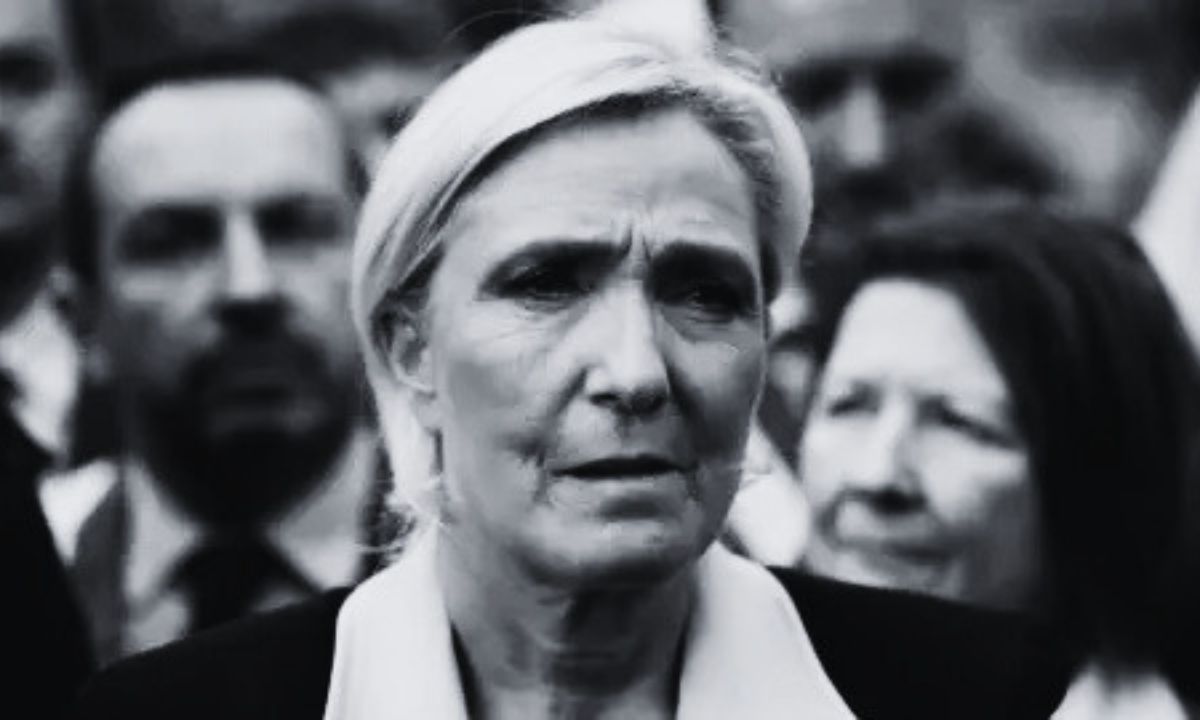French far-right leader Marine Le Pen has been disqualified from running in the 2027 presidential election following a court ruling that found her guilty of embezzling European Parliament funds. The court’s decision, which also imposes a five-year ban on holding public office effective immediately, marks a significant turning point in France’s political landscape. But how did this case unfold, and what led to this severe verdict?
How Did the Case Against Le Pen Develop?
The court found that Le Pen, along with 24 other members of her National Rally party, had orchestrated a widespread scheme to misappropriate European Parliament funds over more than a decade. The investigation revealed that money designated for parliamentary assistants working in Strasbourg was instead used to finance party staff in France between 2004 and 2016. This fraudulent system resulted in an estimated loss of €4.5 million in taxpayer money.
The scale and duration of the scheme made it one of the most significant financial scandals involving European Parliament funds. Judges concluded that the funds had not been used for legitimate parliamentary work, thereby justifying the legal consequences imposed on Le Pen and her associates.
What Does the Verdict Mean for Le Pen?
The ruling not only prevents Le Pen from seeking the presidency in 2027 but also imposes a four-year prison sentence, with two years suspended, along with a €100,000 fine. While she retains her current role as a member of parliament for Pas-de-Calais, she will be unable to run for re-election or any other public office during the five-year ban. Even if she appeals the ruling, the ban remains in effect immediately, a factor that could significantly impact her party’s future.
Before the verdict, Le Pen had described any potential disqualification as a “political death sentence” and insisted she had committed no wrongdoing. She left the courtroom before the session concluded and is expected to appeal.
How Does This Affect the National Rally’s Future?
With Le Pen sidelined, the National Rally must now determine its path forward for the 2027 election. Jordan Bardella, the 29-year-old president of the party and a European Parliament member, is seen as a potential successor. However, questions remain about whether he has the experience to lead a national campaign.
Le Pen had positioned herself as a strong contender for the presidency, particularly after her party became the largest in parliament following the 2024 snap elections. She had hoped to capitalize on growing concerns over immigration and push her anti-establishment agenda in 2027.
Now, with her political future uncertain, the National Rally faces a leadership crisis. Whether the party can maintain its momentum without Le Pen at the helm will be a critical question as France moves toward its next presidential election.


